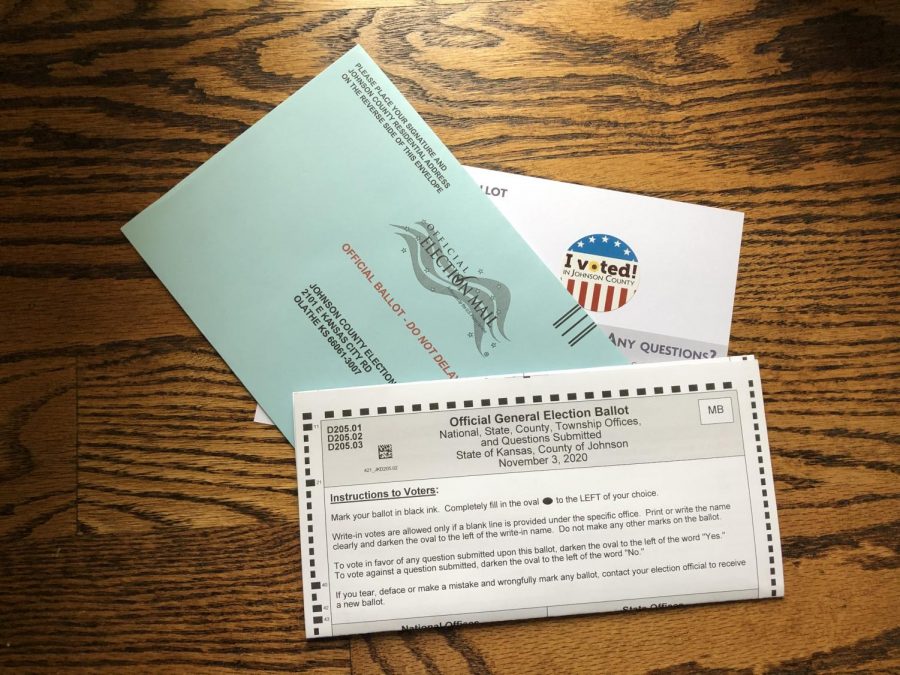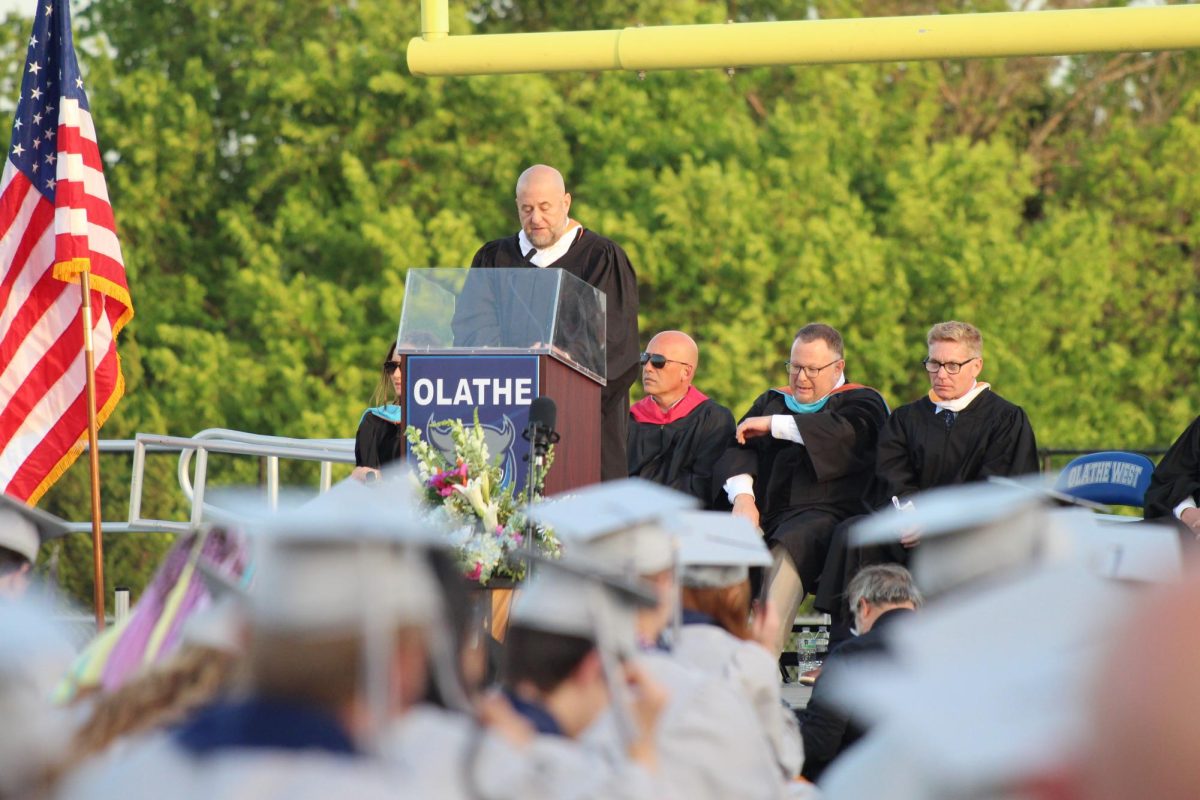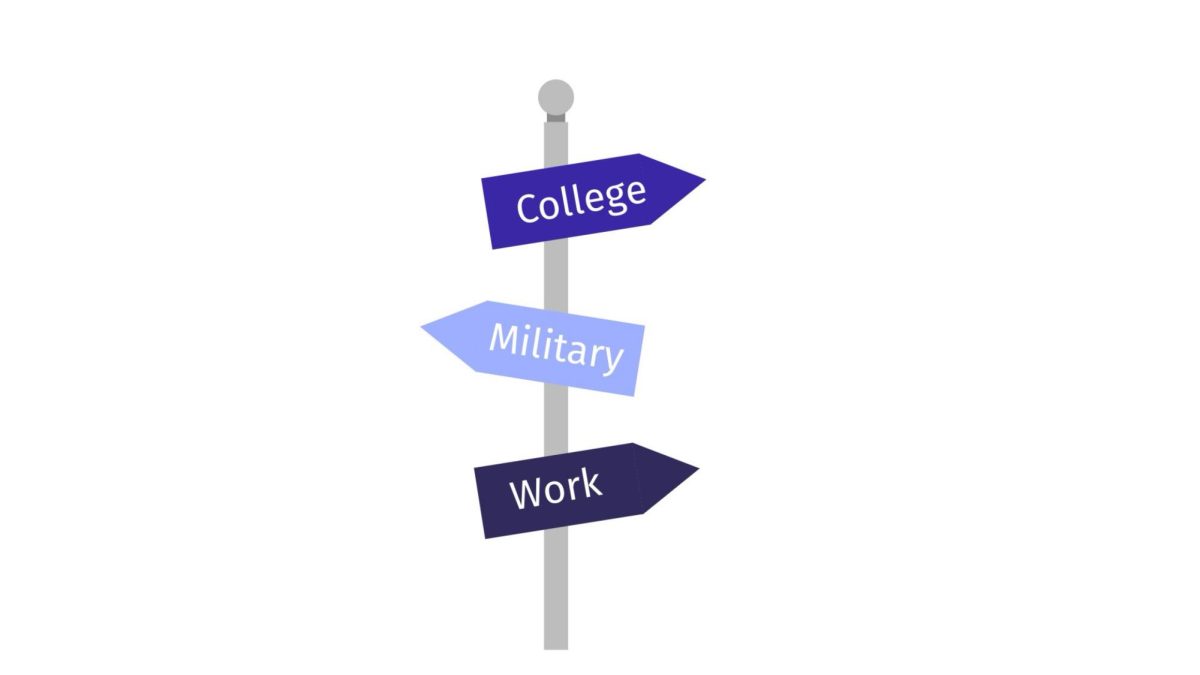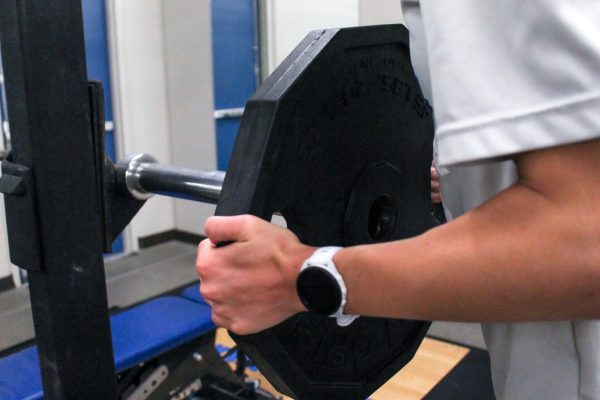Why All States Should Allow Early Voting
Thanks to a record number of early voting ballots already cast this election season, 2020 is set up to have the highest voter turnout in history. (Source: NPR)
October 30, 2020
This election season included lots of heated debates and controversies. But, what if school, work, or this year’s COVID-19 pandemic are keeping eligible voters from getting to the polls on Election Day? This is where early voting comes in. The problem is, several states don’t allow early voting. To allow more Americans to get to the polls, all states should allow early voting.
Early voting allows voters to cast their ballots in advance. There are a variety of ways early voting is conducted across America. According to The Guardian, 37 states (including Kansas) in addition to the District of Columbia allow early voting with no restrictions. This means citizens can vote early without having to provide an excuse for not otherwise voting on Election Day. The Guardian states that 10 states permit early voting with approval. That means an individual would need to provide a valid reason for not being able to vote on Election Day. Four states on The Guardian’s map- Connecticut, Mississippi, Alabama, and Missouri- do not allow early voting options, so citizens either vote on Election Day or they don’t vote at all.
Now, why should all states allow early voting? Well, for starters, early voting will increase voter turnout, and it allows individuals to miss less work or school. Many states, including Kansas, even allow early voting on the weekends. If someone has a job that pays them by the hour, usually they would have to miss some of it if they wanted to vote. Not to mention the long, time-consuming lines that no one wants to wait in, even someone who isn’t getting paid by the hour. Often, with early voting, the lines may be shorter because there are more days when the polls are open.
“The early-voting system has previously been instrumental in decreasing lines of voters on Election Day,” Wendy Underhill, National Conference of State Legislatures director of elections and redistricting, said in an interview with ABC.
A CNN article about early voting stated that, as of Monday, October 26, the number of early ballots cast this election season had already surpassed those of the 2016 election, with more than 60 million Americans have cast their ballots, compared to only 58.3 million in 2016.
One may argue that early voting has some downsides. To set up the polling places, it will cost extra money, and late-breaking news may change a voter’s mind on who they should (or shouldn’t have) voted for. Regarding cost, the United States should be willing to spare some expense if it means more Americans can exercise their right to vote.
As for late-breaking news, “some states do allow voters to change their early or absentee ballots with no questions asked,” CNN said.
All in all, early voting allows more American voices to be heard, increases voter turnout, and lets Americans spend more time at school or their jobs, earning money to support themselves and their families. So, the real question is, why aren’t all states using this system?








